Growing old is like being increasingly penalized for a crime you haven't committed
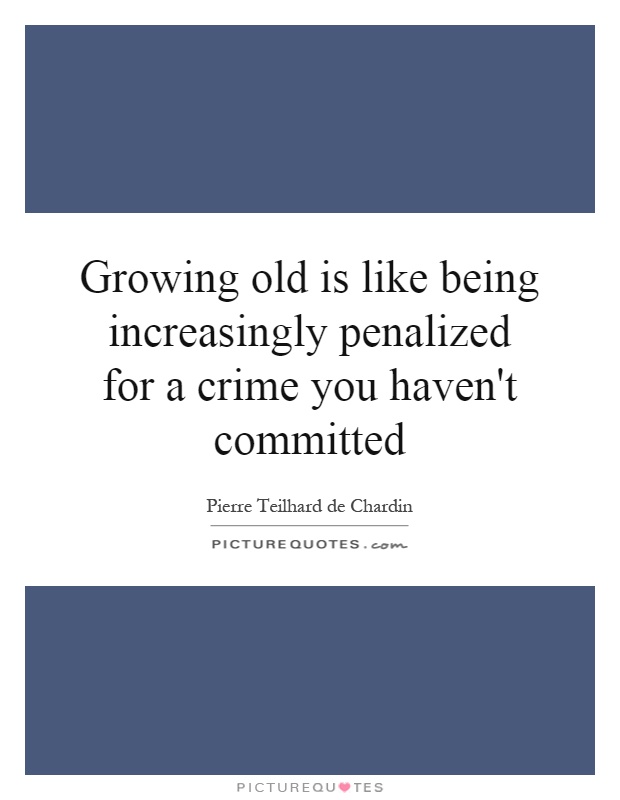
Growing old is like being increasingly penalized for a crime you haven't committed
Pierre Teilhard de Chardin, a French philosopher and Jesuit priest, once said, “Growing old is like being increasingly penalized for a crime you haven't committed.” This profound statement captures the essence of the human experience as we age and face the inevitable challenges that come with it.As we grow older, we often find ourselves facing physical and mental limitations that we never anticipated. Our bodies begin to slow down, our minds may not be as sharp as they once were, and we may struggle with health issues that were never a concern in our youth. These changes can feel like a punishment, as if we are being unfairly penalized for simply living our lives.
Teilhard de Chardin's words also speak to the societal attitudes towards aging. In many cultures, youth is celebrated and valued, while old age is often seen as a burden or a sign of weakness. As we age, we may feel marginalized or overlooked, as if our worth is diminishing simply because of our age. This can be a painful experience, as we grapple with the loss of our youth and the changing perceptions of those around us.
However, Teilhard de Chardin's statement also offers a deeper insight into the nature of aging. It reminds us that growing old is a natural part of the human experience, and that it is not something to be feared or avoided. Instead of viewing aging as a punishment, we can see it as a process of growth and transformation. As we age, we have the opportunity to reflect on our lives, to learn from our experiences, and to find meaning and purpose in our later years.
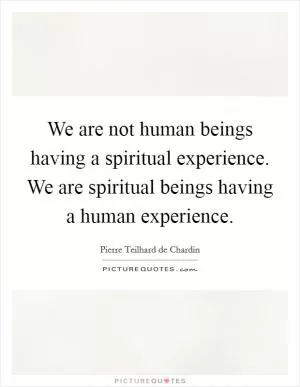

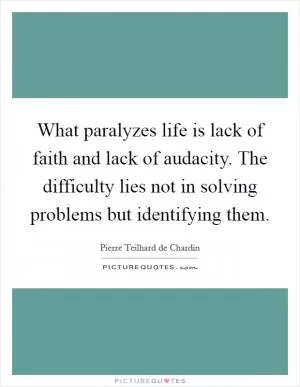
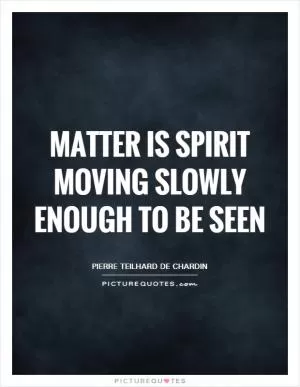
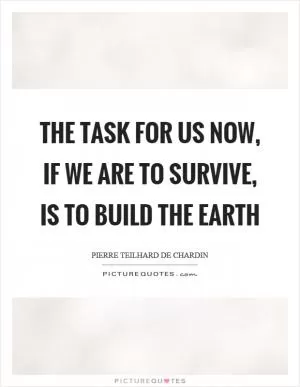

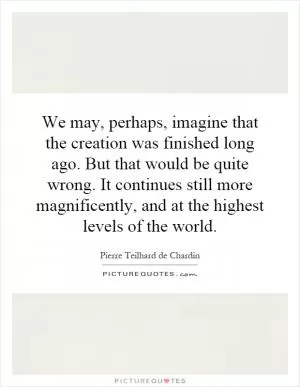
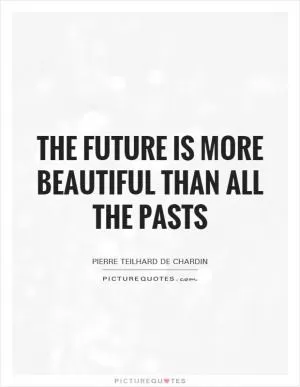

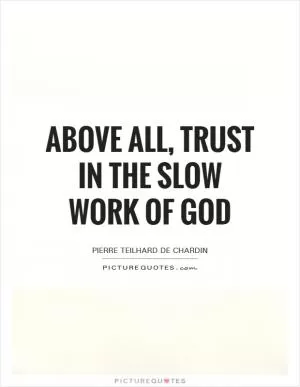
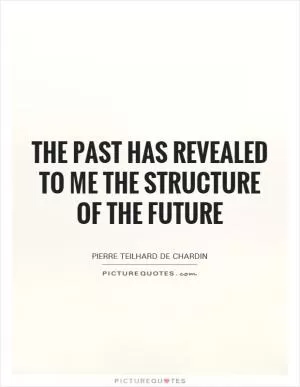

 Friendship Quotes
Friendship Quotes Love Quotes
Love Quotes Life Quotes
Life Quotes Funny Quotes
Funny Quotes Motivational Quotes
Motivational Quotes Inspirational Quotes
Inspirational Quotes